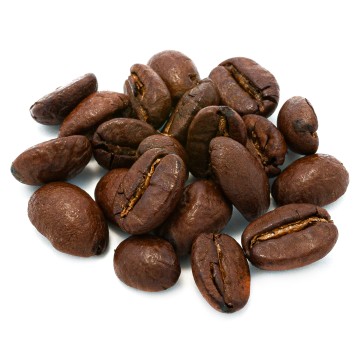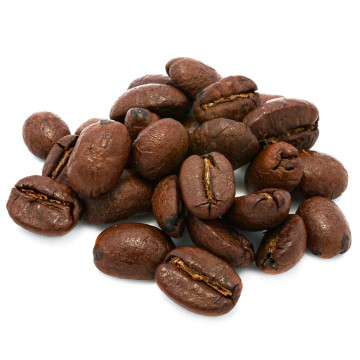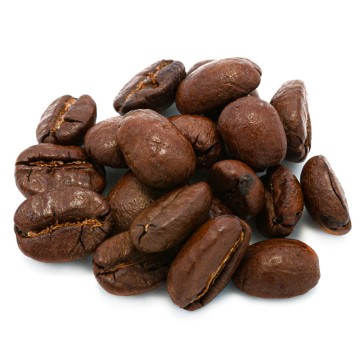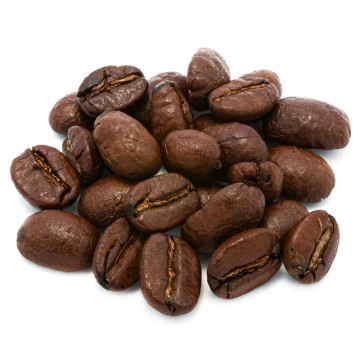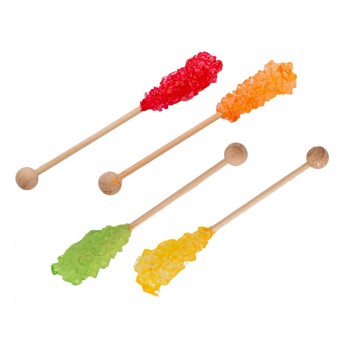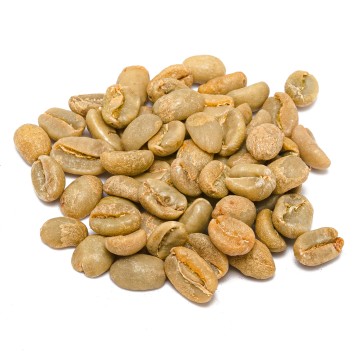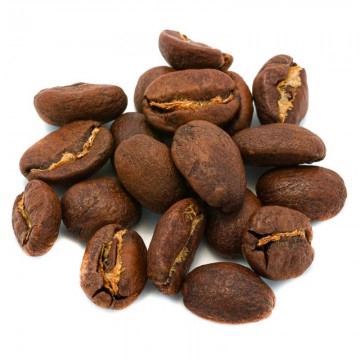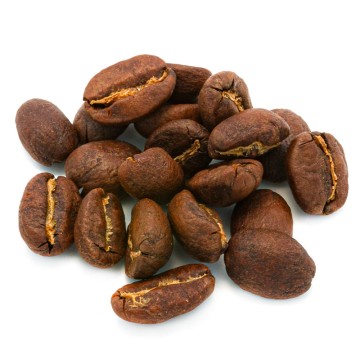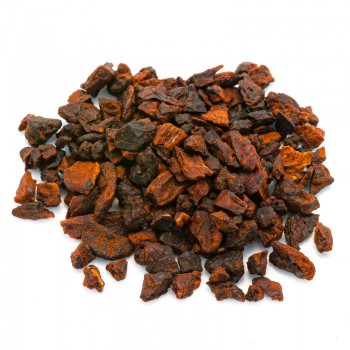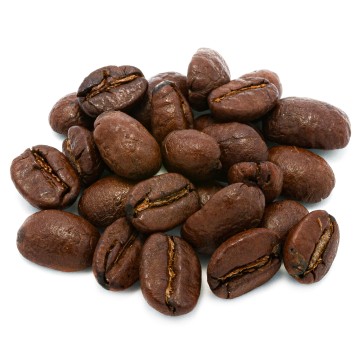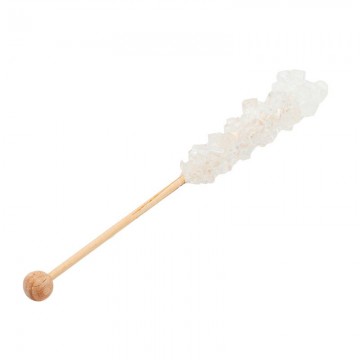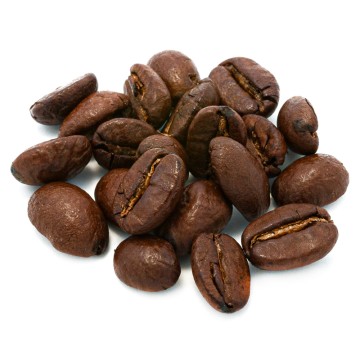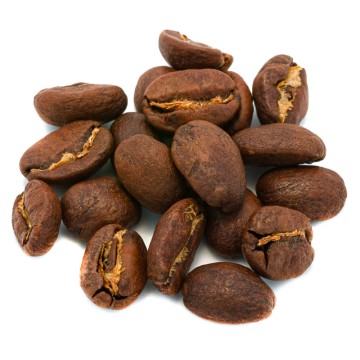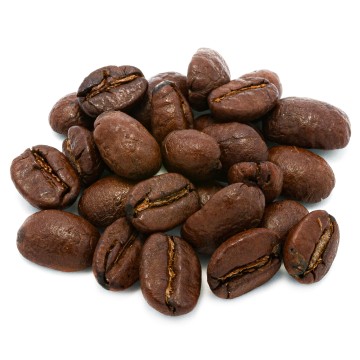Coffee is now an integral part of the Italian spirit even if it is obviously not an Italian product, only recently have the first cultivation attempts been started and for now they are limited to an area in Sicily.
History of coffee in Italy
So as not to offend anyone, let's say that if it is true that the city of coffee in Italy is, more or less officially, Trieste, there are two other cities that claim a leading role in the history of this drink so loved in our country, namely Venice and Naples. Why Trieste is the city of coffee is very simple, it is linked to the importance of its port, the ships that brought coffee landed here, the coffee exchange was born here and today the University of Coffee is located here, a center of excellence for the spread of coffee culture. The first coffee shops were born in Arab countries, in Europe the Turks brought it to Vienna in 1600, in Italy it was introduced to Venice by a botanist at the end of 1600. Initially it was sold in pharmacies but soon coffees began to spread, suffice it to think that already in 1750 Carlo Goldoni staged La bottega del caffè, in 1763 there were 200 in Venice. It didn't take long for it to spread to the other Italian regions and for it to also become a home drink. The spread was so rapid that it initially aroused distrust in the Church and, given the exciting effects, it was accused of being the devil's drink, but later, following the always valid maxim "if you can't beat them, ally with them", it was rehabilitated. And Naples? Italian coffee was invented in Naples, it takes inspiration from the Turkish method (as we said, they are the ones who brought coffee to Europe) but modifies it, the boiling water dripping on the powder is the Neapolitan invention and from this both the Moka and the espresso machine will originate. The invention of the espresso machine came in the mid-1800s and cannot be attributed with certainty to a single inventor. Espresso machines began to spread at the beginning of the 1900s, then home-made ones also arrived. In the meantime, Alfonso Bialetti had invented the Moka in 1933.
The quality of coffee in Italy
We Italians love our espresso very much and we contrast it with the insipid American coffee, we are convinced that we drink the best coffee in the world and given the social importance that the convivial ritual of coffee we feel offended if anyone raises doubts. In reality, true coffee connoisseurs warn us that in Italy in many cases we do not enjoy top quality coffee, not so much due to the quality of the imported blends but due to all too widespread inexperience in roasting and/or preparation. As a golden rule for judging the goodness of a coffee we could give the following: if you are forced to fill it with sugar because otherwise you only taste bitter and burnt there is something wrong with the coffee and/or with how it was prepared prepared. Another tip: if you buy it in beans and not already ground (it requires more work but for obvious reasons true enthusiasts prefer it that way) know that the beans must be light brown, often even a pale brown, if they are black or almost black. black means the roaster burned it. We have always talked about importing and possibly roasting here in Italy, but an all-Italian coffee? We are at the beginning, but we hope to spread it soon, farmers in the Terrasini area (municipality in the metropolitan area of Palermo) started planting the first plants only in the last decade, a century after the failed attempt abandoned in 1912 when a frost destroyed the first attempt at all-Italian coffee.

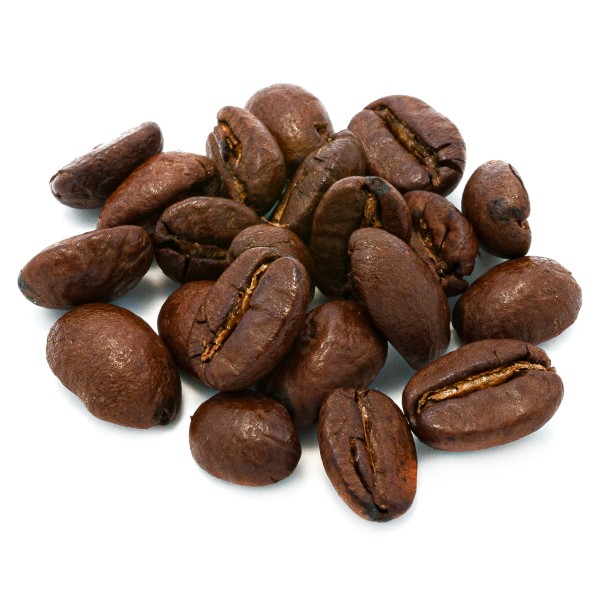

 No reward points for this product.
No reward points for this product.
